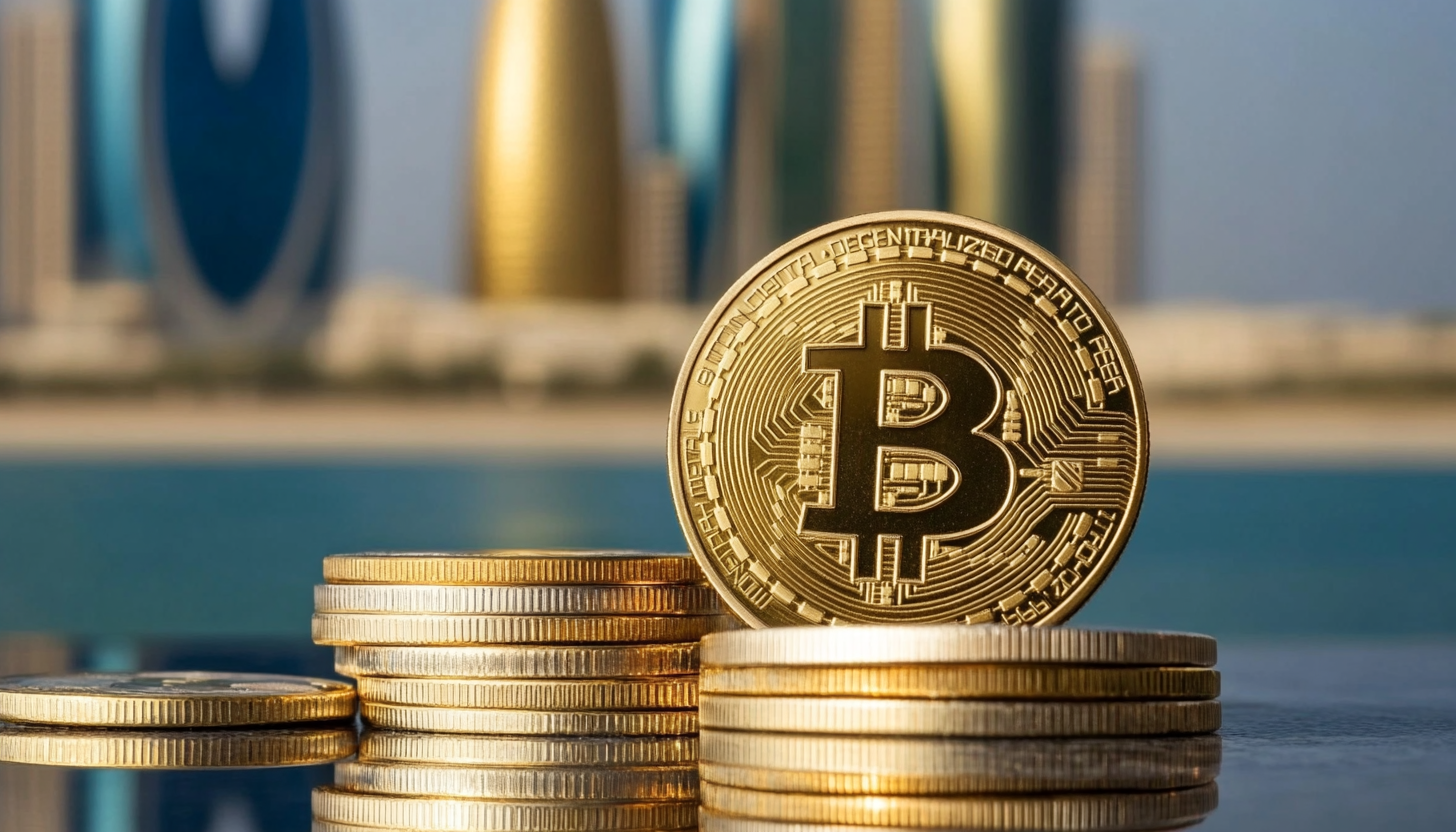
The National Bank of Bahrain has launched its first Bitcoin investment fund, aimed at institutional investors within the Gulf Cooperation Council (GCC) region, which includes Bahrain, Kuwait, Oman, Qatar, Saudi Arabia, and the United Arab Emirates (UAE).
Local reports state that this fund was developed in partnership with ARP Digital, a firm specializing in digital assets.
The investment vehicle is designed to give investors exposure to Bitcoin, with gains limited to a predetermined cap and offering downside protection.
Abdullah Kanoo, co-founder and co-CEO of ARP Digital, described the investment product as a strategic way for investors to access digital assets.
He highlighted the collaboration between ARP Digital's expertise and the National Bank of Bahrain's financial presence to offer a secure approach to Bitcoin investment.
Bahrain has been working to attract digital asset companies, aiming to create a balanced environment for Bitcoin, crypto, and fintech innovation.
This includes establishing clear regulations that address both investor protection and commercial growth, according to Eric Anziani, chief operating officer at Crypto.com.
In September, Crypto.com obtained a license from Bahrain's central bank to operate in the country, joining other exchanges such as Binance, which started local operations in March 2022, and BitOasis.
Meanwhile, the UAE has also made progress in regulating digital assets.
In 2023, Dubai's Virtual Asset Regulatory Authority (VARA) issued comprehensive guidelines for Web3 companies.
These include four mandatory rulebooks, seven activity-specific rulebooks, and one focused on issuing virtual assets.
A report by Chainalysis indicates that the Middle East and North Africa (MENA) region accounted for 7.5% of global Bitcoin and cryptocurrency transaction volume between July 2023 and June 2024, totaling $338.7 billion.
A significant portion of this volume came from institutional and professional investors.
Chainalysis further notes that most Bitcoin and cryptocurrency transactions in the MENA region are conducted through centralized exchanges.
However, there has been notable interest in decentralized platforms, particularly in the UAE and Saudi Arabia.

